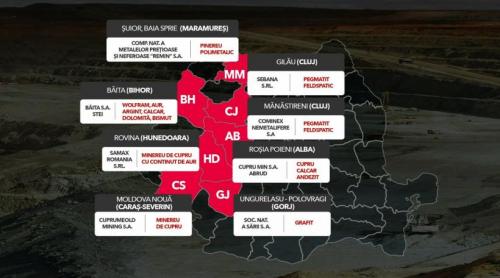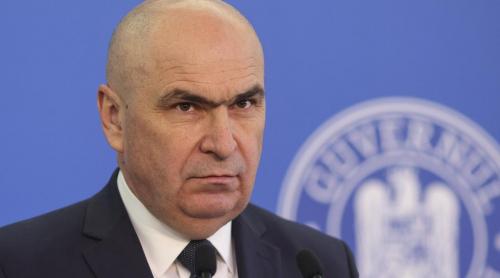
The recession that includes the largest EU economies severely hit our economy; over 2 thirds of our commercial exchanges are with the EU and most of the Romanians working abroad use the single work market. In order for the recession not to widen and expand in Europe it is vital that the incentive package prepared by the European Commission not to fail.
This depends, among others, on two key factors. Thus, Germany’s engagements in this matter are enormously important, as it is the economic locomotive of the Union. If the budget will not be used more heavily by the federal government, the fall in GDP in Germany may exceed 3% in 2009. However, because the package of 200 billion euros has to be effective it is important for it to include new resources; we should not deal with statistical operations. In order to figure out the size of the European package we could compare it with the one scheduled in the U.S. Over the Ocean, a two-year package of about 1000 billion U.S. dollars is being prepared; the difference can be seen easily. Maybe an “Obama effect” will appear and awake some European leaders to reality.
For the first time after many decades, the volume of the world trade is estimated to be reduced in 2009. Trade will no longer be an engine for the economic activity in many countries of the world. The increased protectionism should be noted as a way that not a few countries use to combat the effects of the local crisis. The crisis, in fact, increases the tendency of many governments to protect the domestic firms and markets using restrictions. In the EU, this tendency is driven by profound currents that modify competitive hierarchies in the global economy.
Inflation is declining in the world. In some areas, there is even a threat of deflation, which could become true if the economic activity would face a strong decline. In the U.S., the central bank interest rates (FED) have come to practically zero in the desire to prevent deflation. The deflation risk is considerably lower in Europe. Although inflation falls, the loans market remains relatively frozen, with the interest rates for the loans well above the ones from the central banks. The appetite for risk will remain much diminished, which will affect negatively the movement of money towards the markets of the emerging economies (which includes Romania). The cost of the credit, which is much higher, will also hit the Romanian economy mechanism. The public budget of Romania will also be affected, whereas the public debt will increase substantially.
The conditions on the international credit markets will be influenced by the need for funding of the U.S. government deficit. It is possible that this need would absorb about 70% of the net savings of the rest of the world economy. This is how an intense effect of eviction appears, which will make it harder for most economies to access external financing. This is why we have to use all the money from the EU. The volatility of the exchange rate markets will be great; countries outside the euro zone reconsider their way to the unique currency, which is seen as a protection currency as well.
It is premature to say when the recession will end; it is not a conjectural one, because it has deep causes in the heart of the financial industry worldwide. In addition, large imbalances in the global economy require major adjustments, which involve additional costs. The economic recovery, when it will begin, will rather be anemic. The economic recovery will not be uniform; there are emerging economies, which will resume the recovery trends of their gaps.
Citește pe Antena3.ro

















